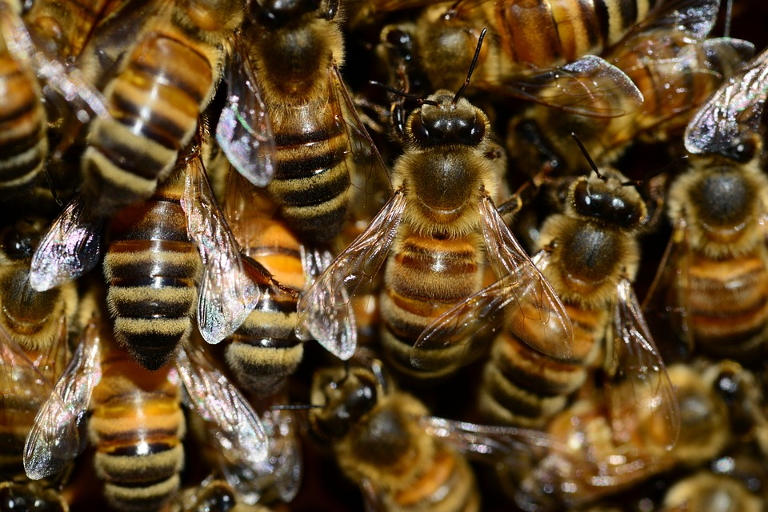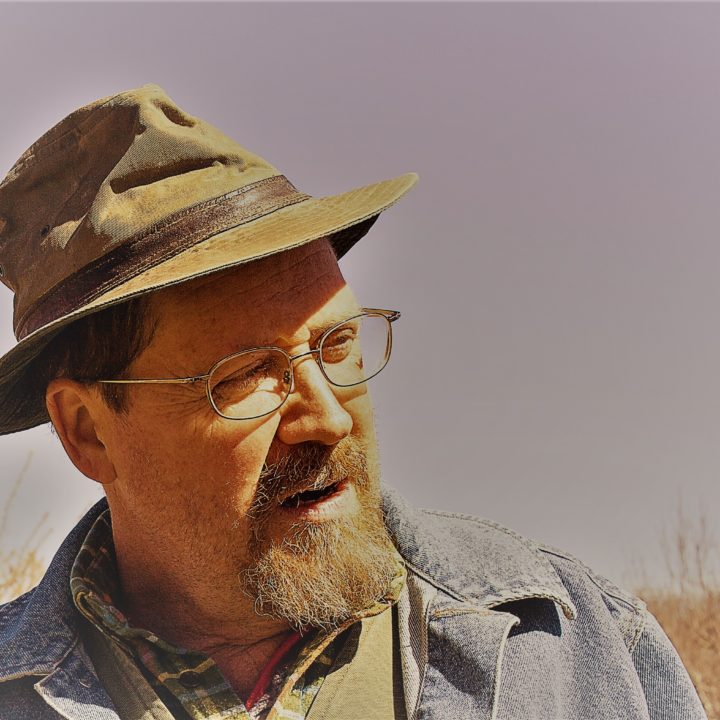
A frame of capped honey
The smallest livestock on our farm are also the most fascinating to observe, from their daily diligence and complexity of social organization to the extraordinary “waggle dance” they use to communicate the location of nectar and new homes. Today, as we prepare to harvest the last of this year’s honey, I’m reminded that the bees have a lot to teach us. We only have to listen.
- Work together today to provide for tomorrow. Winter is coming and those food stores don’t harvest themselves.
- Expect your responsibilities to grow as you mature. Clean your room as a kid; be prepared to run the farm as an adult.
- Be vigilant. A weak line of defense invites invasion, disease, and death.
- Communicate. Use your best waggle dance to share critical information with those you care about.
- Socialize. Nothing beats hanging out on the porch with your neighbors at the end of a busy summer’s day.
- Don’t sting unless it’s absolutely necessary. Fight when the future depends on it, then fight with selfless fury.
- Remember that you’re a member of the community. No matter how self-sufficient you imagine yourself, you can’t make all of the honey.
- Don’t move into a mansion when a cottage will do. Live within your means, and learn to recognize, and heed, when enough is enough. A too-big house is harder to heat and cool, harder to clean, and much harder to protect.
- Build a strong foundation. Be it bridges or buildings or banking systems, a shaky infrastructure puts the whole community at peril.
- Render unto Caesar. Be prepared to yield an appropriate honey tax. And, be prepared for a revolution if the powers demand too much.
And one final lesson:
The canary in the coal mine. Tennessee bee losses last year were estimated to be as high as 80 percent, attributable only in part to the extreme drought. This catastrophic statistic is set against the background of increasing colony losses across the globe in recent decades. If we listen, the message these tiny, exquisite social creatures are sending us will be clear: the mine has become dangerous. And the fault — and the solution — lies at yours and my collective doorstep.






